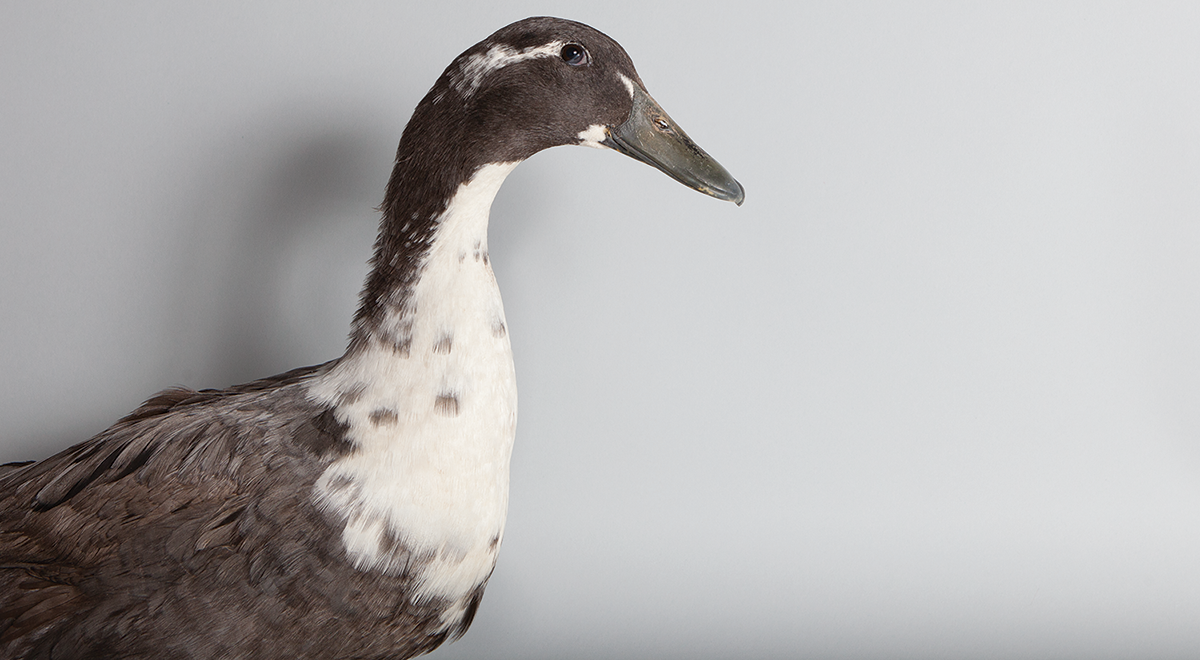Contrary to popular belief, ducks don’t need a nearby pond to thrive, just enough water to bathe. Connecticut farmer, Reva Seybolt employs a plastic kiddie pool, which is easy to tip over and clean when the ducks foul the water, as they will, with their food and manure. For a more aesthetically pleasing option, outfit […]

Contrary to popular belief, ducks don’t need a nearby pond to thrive, just enough water to bathe. Connecticut farmer, Reva Seybolt employs a plastic kiddie pool, which is easy to tip over and clean when the ducks foul the water, as they will, with their food and manure. For a more aesthetically pleasing option, outfit a galvanized stock-watering trough with ramps to help the ducks enter and exit. Because you must replace the water every couple of days, locate your duck pen near a faucet and near a tree, too, if possible, to provide shade during the heat of summer.
In terms of fencing, it’s less about keeping the ducks in and more about keeping predators out. Penning ducks is easy, because with the exception of Mallards and Muscovys, domesticated breeds are flightless. Protecting your flock from coyotes, hawks, raccoons, weasels, and skunks requires a 5-foot-high fence (welded wire works well) that extends a foot underground to foil tunneling varmints. Drape the pen with game-bird netting to frustrate hungry hawks. To determine the pen’s footprint, allot for 10 square feet of outdoor space for each duck. As for the house, you’ll want to allow 2 square feet for each small duck (Calls and Magpies), and 4 square feet apiece for large breeds like the Muscovy. Because ducks sleep and nest on the ground, a 3-foot-tall structure is adequate. It needn’t be weatherproof, but it should provide a nighttime retreat safe from predators. To that end, reinforce the interior walls and floor with welded-wire fencing. Attach hinges to a wall or the roof so that it can swing outward or upward to simplify cleaning and egg collection, and insert a window or vents in the sidewalls near the roof to allow fresh air to circulate.
Though ducks love to play in water, their health is likely to suffer if they can’t retreat to a well-drained area, so cover the floor inside the house with an inch or two of pine shavings or straw, and spread a layer of pea gravel or sand on the ground outside.